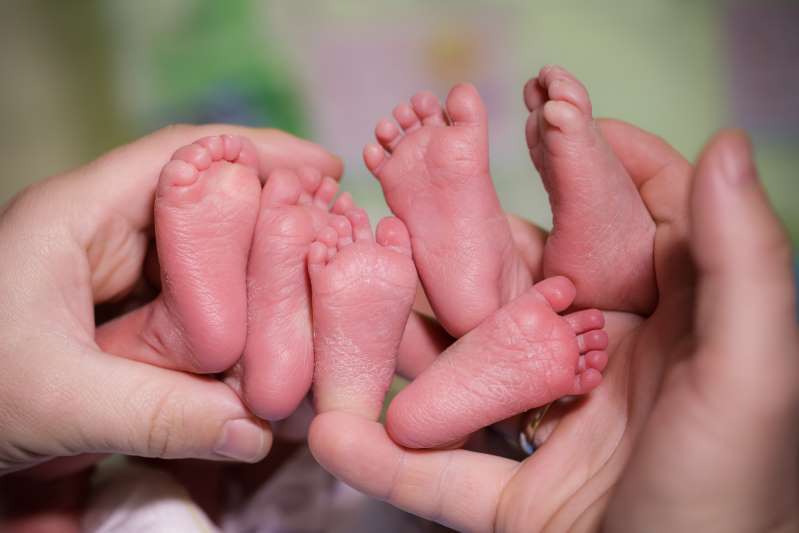The moment you announce your pregnancy, everyone is curious whether you’ll have a boy or a girl.
Also, we can’t deny that there’s fun in guessing the gender of the unborn baby. Moreover, with various people stating their opinions about the baby’s gender, you start to look for answers yourself.
Different studies claim that it’s possible to predict the gender of your unborn baby. Although the predictions can be wrong sometimes, it’s the fun in seeing whether or not you guessed right that matters.
Below are some scientific signs that can give away the gender of your unborn child.
1. Severe nausea and vomiting
Although it’s common for pregnant women to experience morning sickness, the intensity can mean a few things. Few mums suffer from more severe vomiting and nausea than their pregnant counterparts. Studies show that these moms most likely carry a girl because of the pregnancy hormone (hCG) produced more by female fetuses.
2. Forgetful memory
Do you often forget the slightest things? Sure, it can be due to stress, but studies have linked women carrying daughters to underperforming in memory tests compared to moms carrying sons. So, if you’re pregnant and constantly struggling to remember where you kept your car keys, it could be the reason why.
3. Stressed out
It may be surprising, but cortisol levels can determine the gender of your unborn child. Research says high-stress levels during pregnancy increase the chances of expecting a girl. The reason is that girls are less vulnerable to inhospitable environments.
4. Always hungry
Although your appetite is bound to change during pregnancy, increased food cravings are linked to carrying a male child. With boys, you can also crave salty foods like chips and fries. However, studies say with girls, you’ll crave sweet foods more like chocolate. This substantiates the fact that boys need more calories than girls; that’s why they’re usually heavier than girls at birth.
5. Gestational diabetes
Another study links gestational diabetes- a condition of increased blood glucose to carrying a boy. Although no evidence holds water for this claim, the closest backing to this theory is that the male fetus leads to more pregnancy-associated metabolic changes than female fetuses.




